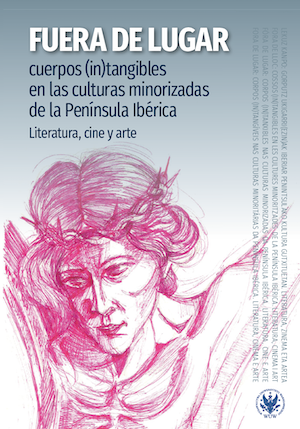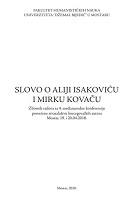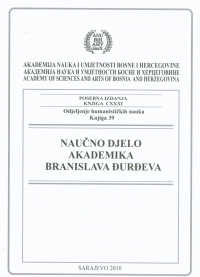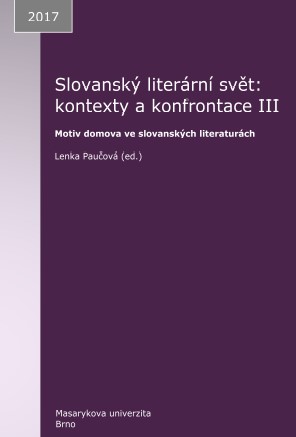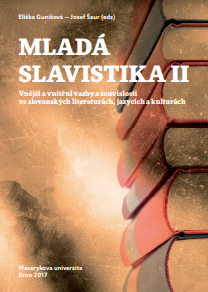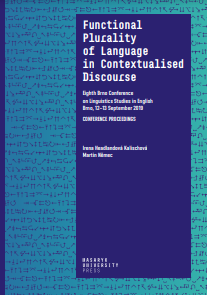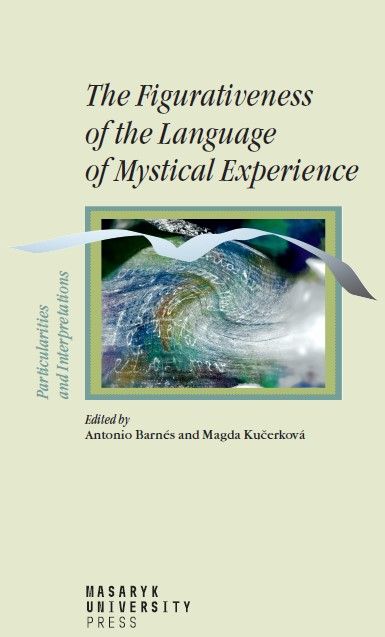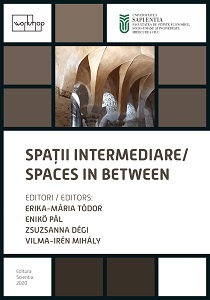
UNIVERSUL ISTRATIAN – AUTOBIOGRAFIE SAU AUTOFICŢIUNE?
Starting from the premise that Panait Istrati’s work has mistakenly been assessed according to the critical trends of Romanticism, we shall prove that this modern writer deserves an analysis from the viewpoint of the century-turn avant-garde criticism and of New Criticism, putting aside the author’s biography while reading and focusing instead on the message of the text. Therefore, based on the literary theory of French narratologists P. Lejeune, P. Gasparini, S. Doubrovsky, and L. Jenny on autobiography and autofiction, we shall introduce and examine two examples of erroneous presentation of Istrati’s work as an autobiography but also pro-autobiographical and pro-autofictional arguments, as the author of an autobiography is at least superficial and due to the writer’s marginalization in Romanian literature and that such classification demands to be nuanced on the grounds of the new critical tendencies that emerged in the 19th and the 20th centuries in Western-European and North-American literary theory, according to which Istrati’s work (universe) appears to be a series of autobiographical novels resulting from a pacte romanesque with autobiographical hints. To support the new definition, we shall present and examine several analyses by modern French, British, and American narratologists and by ancient Greek philosophers as to why and how literature is written and interpreted, along with adequate quotations from Panait Istrati’s fictional work and truly autobiographical writings of the author. Hence, we shall see that Istrati’s work is not an autobiography but an engaged writing, whose purpose is political in order to influence the masses.
More...
